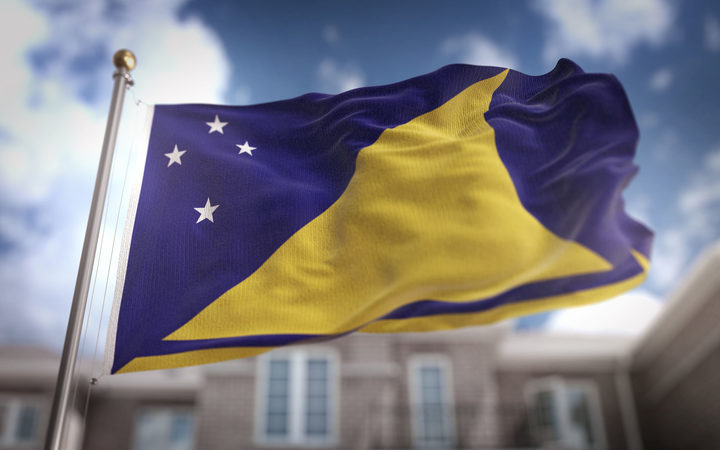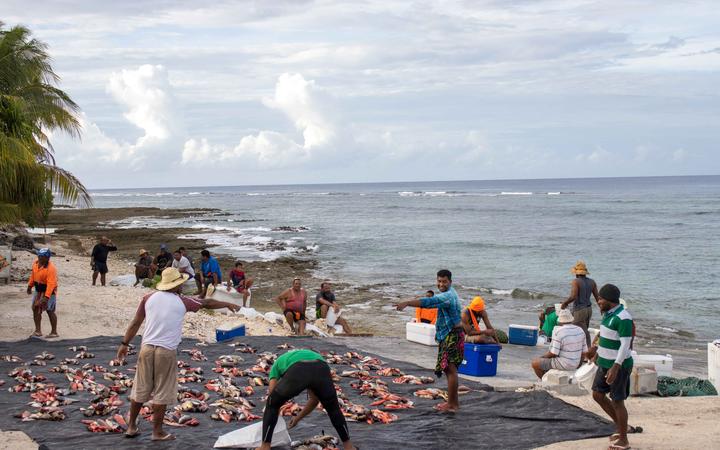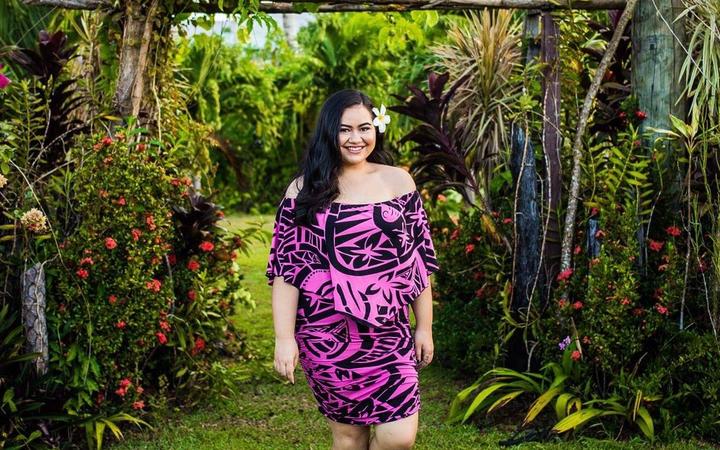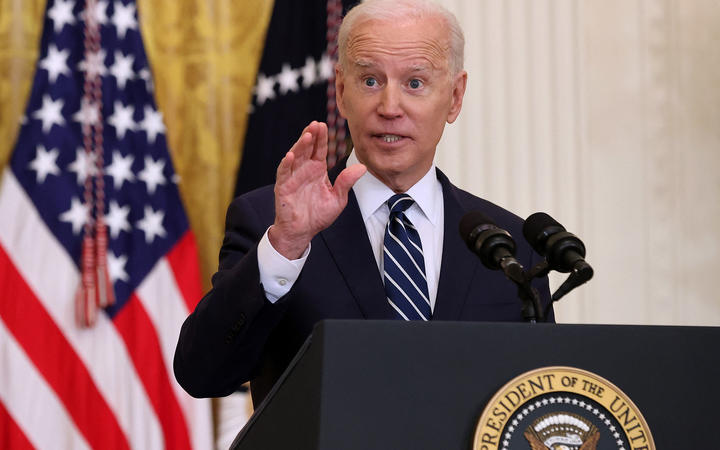Real climate leadership rests with hardest hit indigenous communities Featured
 Brianna Fruean
Brianna Fruean
Real climate leadership rests with hardest hit indigenous communities by Brianna Fruean
This week US President Joe Biden invited 40 leaders to his inaugural climate summit. As part of the Pacific Voices project, the Pacific Cooperation Foundation asked 22-year-old indigenous climate activist Brianna Fruean to share her perspective and she concludes that inaction speaks louder than words.

Small Pacific nations such as the Tokelau islands have lived in harmony with nature for centuries, Brianna Fruean writes.
The world is buzzing as President Biden hosts his big climate change summit. With this buzz there is a lot of big talk on how the attending climate leaders are leading the way towards climate action.
This summit should make me feel hopeful, yet I cannot help but feel a sense of déjà vu. These big talks happen all the time, and when the leaders sign out, they go back home to little or no action.
New Zealand did not tah ethe opportunity to announce new nationally determined contributions which fellow Pacific nations and developed world leaders - the US, Canada, Japan - already have.
Year after year we see low targets, dirty lobbying, tokenistic speeches, and broken promises. It is not that I am pessimistic about change, it is that I am tired of mainstream media painting these big nations like they are the "climate leaders" who will save us when it is the young people, activists, movement organisers and indigenous communities that are showing true climate leadership.
There is so much that Biden's summit can learn from frontline villages, organisers and activists, and there are so many stories from these communities.
There is a misconception that sustainability is something we are trying to get to but really, it is something we're trying to get "back" to. Indigenous communities have lived in harmony with nature for centuries and our practices are based around principles of environmental conservation.

People who live in places like the Tokelaus have practices based around principles of environmental conservation.
Our indigenous communities already hold so many of the solutions we need to adapt to this crisis.
I have a friend, Mika, who is a farmer back in the islands. He is from Tokelau where a big issue has been saltwater intrusion into their soil due to sea level rise. This saltwater intrusion caused many of their crops to die, unable to handle the salinity in the soil.
Knowing how this would impact his village's food security Mika started looking for solutions. He found exactly what he needed in a method of gardening that originated in Lesotho, in Africa, where communities there were having trouble planting because their soil was too dry.
Tokelau, on the other hand, was having difficulty planting because their soil was too wet. Mika learnt a method called keyhole gardening, gave it an island twist, and found ways to build these types of gardens throughout Tokelau. This traditional knowledge from Lesotho and Tokelau was woven together to form the perfect solution.
This is a lesson in the value of having indigenous communities be a part of the climate resilience conversation, so they can share these solutions with each other and the world. Climate solutions will not solely be found in future technology, but also in practices of our indigenous past.

Indigenous communities should be a part of the climate resilience conversation, Brianna Fruean writes
Children showing climate leadership
I did a project with a primary school back home in Samoa where these kids really wanted to switch their school's power to solar energy. They wanted to do their small part in the just transition to renewables. These students who ranged from five to 12 years old put their money where their mouth was by hosting a mufti day. Mufti Days in the islands mean you can come to school out of uniform and in exchange donate what you can to a cause.
These kids gave the little money they had in their pockets and put it towards paying for solar panels. They had so little, but they were willing to give everything to be a part of the solution. In my eyes, this is climate leadership.
President Biden and his fellow delegates at his summit have a lot to learn from these students. They need to put their money where their mouth is, by investing more into climate adaptation and mitigation. If big money can be put into prisons, the military, and government offices then more money can be put into saving the planet.

President Joe Biden and his fellow delegates at his summit have a lot to learn from some Samoan students who donated money to help pay for renewable sources of energy
More Pacific voices should have been heard
Biden's summit is being labelled as progressive and a show of climate leadership, yet there is a lack of participation from real climate leaders. Those on the frontlines fighting in the eye of the storm.
I am very grateful that the Marshall Islands is represented and providing the voice of the Pacific islands, but even then, the weight of all our islands should not just fall on one island. Our ocean is big and our places diverse, all our challenges and solutions should not just all fall on the Marshall Islands to voice.
More Pacific islands should have been invited. Before even thinking of the need to invite representatives from places like Tonga or Solomon Islands, the Biden administration should have at least invited its own US associated islands. American Samoa, Guam, Palau, and Hawaii all deserved their own seat at the table.
We all know that island nations are experiencing the impacts of climate change at an extreme rate compared to the rest of the world, yet the US did not even invite the islands that they are linked to for this climate summit. All indigenous people who live on land that has been historically exploited by the US and continues to be exploited by the US should have had a prominent seat at the table. From the Kānaka Maoli to the Native Americans, their voices should have been in this space.
Although I want to remain hopeful as I see summits like Biden's take full effect, I must constantly remind myself that I cannot rely on these closed spaces of exclusive leaders to solve the climate crisis.
I have to remind myself that I must look for hope in real climate leaders like the solar students in Samoa and village farmers like Mika, who continue to show real climate leadership. The world has so much to learn from them. If there were three things I could ask President Biden to implement in his next summit it would be invite more island nations, value indigenous communities for the knowledge they hold, and invest in climate solutions like those on the frontlines of its impact.
I look forward to the day when the talking stops and the action begins.
*Brianna Fruean is a Samoan climate activist who has been leading grassroots climate justice movements for most of her life. She is the youth representative of the Pacific Climate Warriors Council of Elders and is currently studying politics and international relations in Auckland, New Zealand. At 11, she became a founding member of the climate group 350 Samoa, becoming the youngest 350.org country coordinator.
- RNZI



